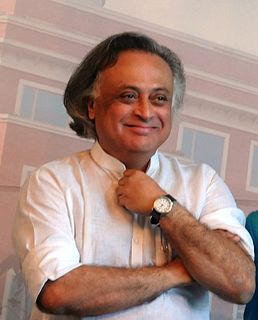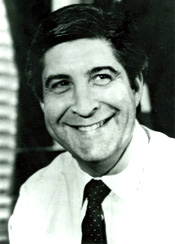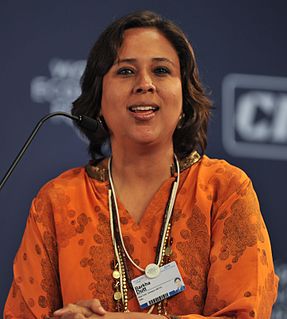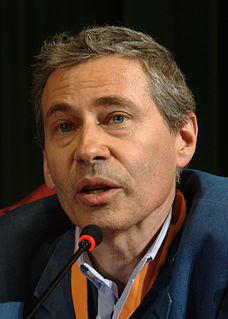A Quote by George Orwell
In our time, political speech and writing are largely the defense of the indefensible. Things like the continuance of British rule in India, the Russian purges and deportations, the dropping of the atom bombs on Japan, can indeed be defended, but only by arguments which are too brutal for most people to face, and which do not square with the professed aims of the political parties. Thus political language has to consist largely of euphemism, question-begging and sheer cloudy vagueness.
Quote Topics
Aims
Atom
Atom Bomb
Begging
Bombs
British
British Rule
British Rule In India
Brutal
Cloudy
Consist
Continuance
Defended
Defense
Dropping
Euphemism
Face
Indeed
Indefensible
India
Japan
Language
Largely
Like
Most
Only
Our
Our Time
Parties
People
Political
Political Language
Political Parties
Political Speech
Question
Rule
Russian
Sheer
Speech
Speech And Writing
Square
Things
Thus
Time
Too
Vagueness
Which
Writing
Related Quotes
Thus far, both political parties have been remarkably clever and effective in concealing this new reality. In fact, the two parties have formed an innovative kind of cartel—an arrangement I have termed America’s political duopoly. Both parties lie about the fact that they have each sold out to the financial sector and the wealthy. So far both have largely gotten away with the lie, helped in part by the enormous amount of money now spent on deceptive, manipulative political advertising.
Elections in India are not contests between personalities. They are ultimately battles involving political parties; promises and pledges that political parties make; the vision and programmes that political parties bring to the table. So although, Modi's style is 'I, me, myself,' I don't think 2014 elections as a Modi versus Rahul contest.
I think frustration unfortunately, reflects a real breakdown in the political parties themselves, which is fascinating because our constitution did not anticipate political parties. They're not even written in the Constitution, there's no guidelines. When we look at the arcane processes of delegate selection in the primaries and caucuses, it's not in the Constitution. This is all created post Constitution. And yet I think we're in the middle of tensions between and within the political parties. They're not functioning that well.
It's easy to talk about our system not functioning. It's actually functioning exactly the way we've designed it to function by giving so much power to the political parties, which all of our, you know, leading founders - Washington, Adams, Jefferson, Madison - all said don't create political parties like the ones we have now. We did it, and we're paying a very high price for it.
Look, the United States doesn't have political parties. In other countries, take say Europe, you can be an active member of the political party. Here, the only thing in a political party is gearing to elections, not the other things you do. So it's basically, a way of making people passive, submissive objects.
There is one great truth in western politics that I have been able to see, and that is this: The more left wing your political ideals are, the more naive a person you are likely to be. The more right wing your political ideals are, the more evil a person you are likely to be. Choosing a political standpoint is largely a matter of deciding which failure as a human you are more comfortable with.
I don't think people have fully processed how deeply television has changed the political process in our own world. Political parties have become vestiges of what they were and individuals with large amounts of money can leapfrog over that process, which can have a positive mediating effect. And so I think there are things to worry about.
The basic problem is not political, it is apolitical and human. One of the most important things to do is to keep cutting deliberately through political lines and barriers and emphasizing the fact that these are largely fabrications and that there is another dimension, a genuine reality, totally opposed to the fictions of politics: the human dimension which politics pretend to arrogate entirely to themselves. This is the necessary first step along the long way toward the perhaps impossible task of purifying, humanizing and somehow illuminating politics themselves.





































